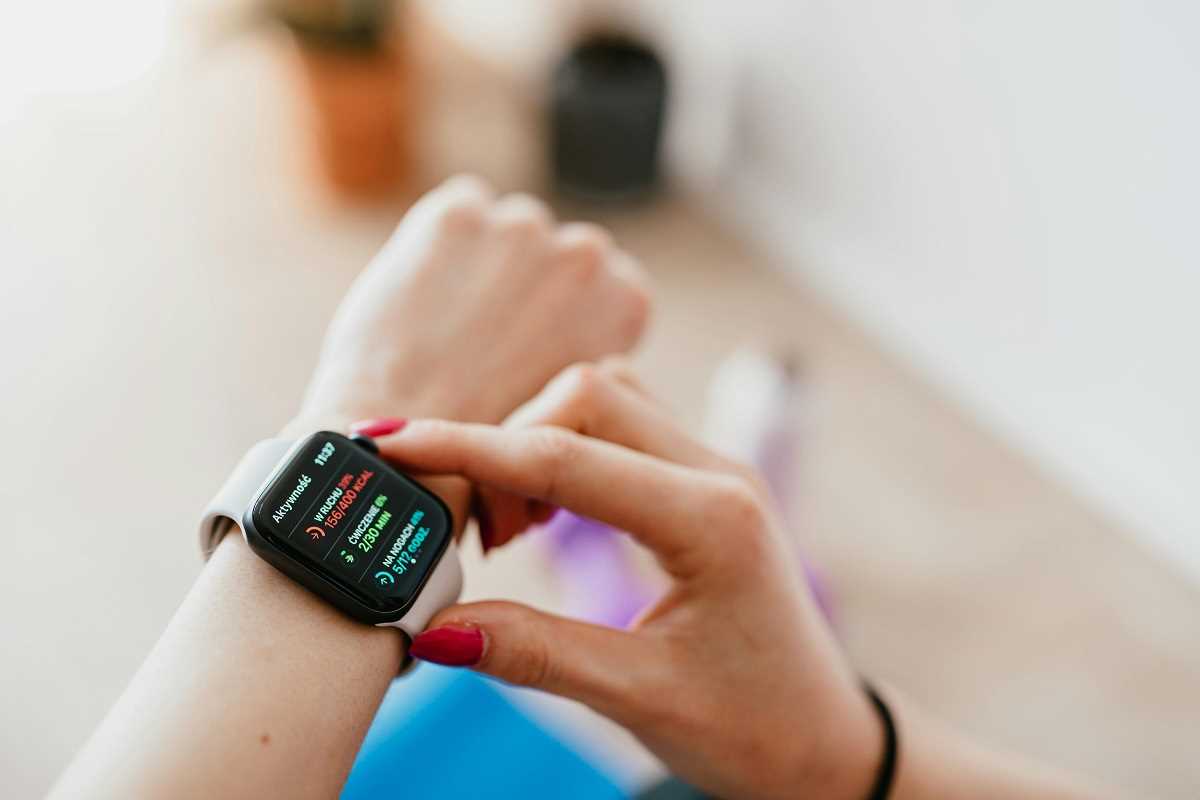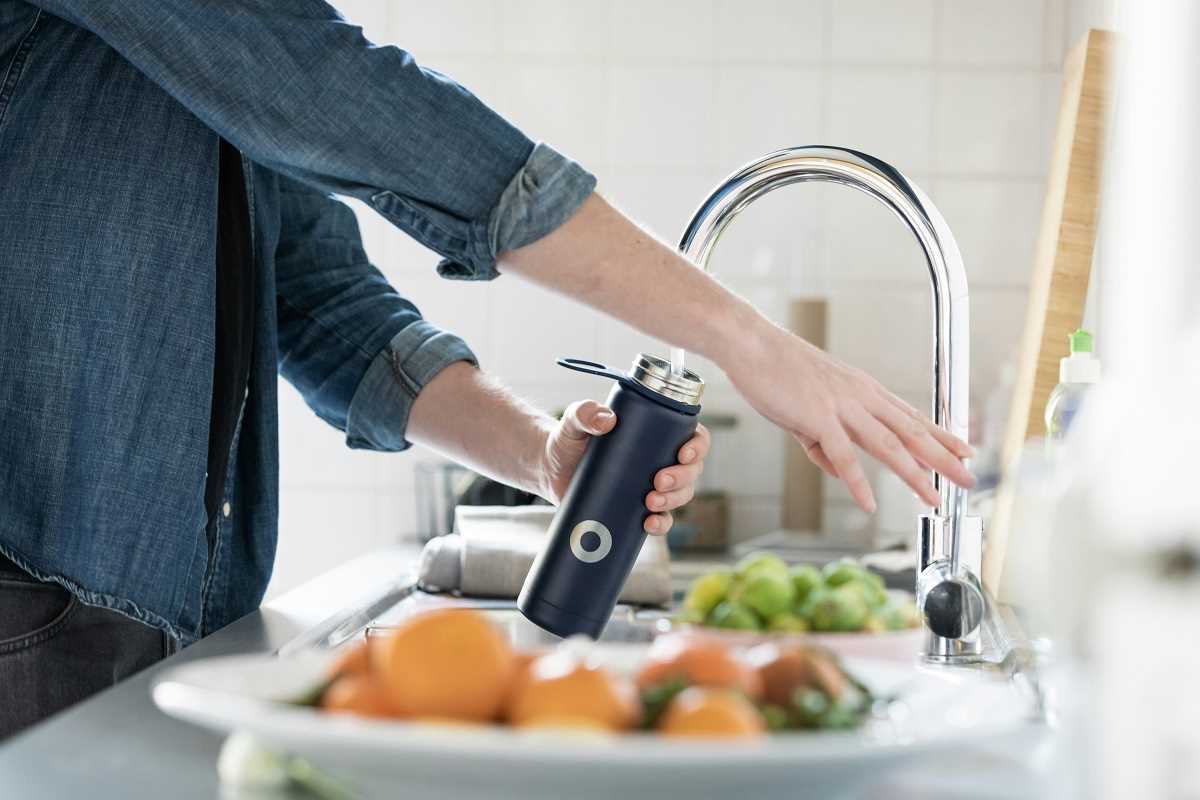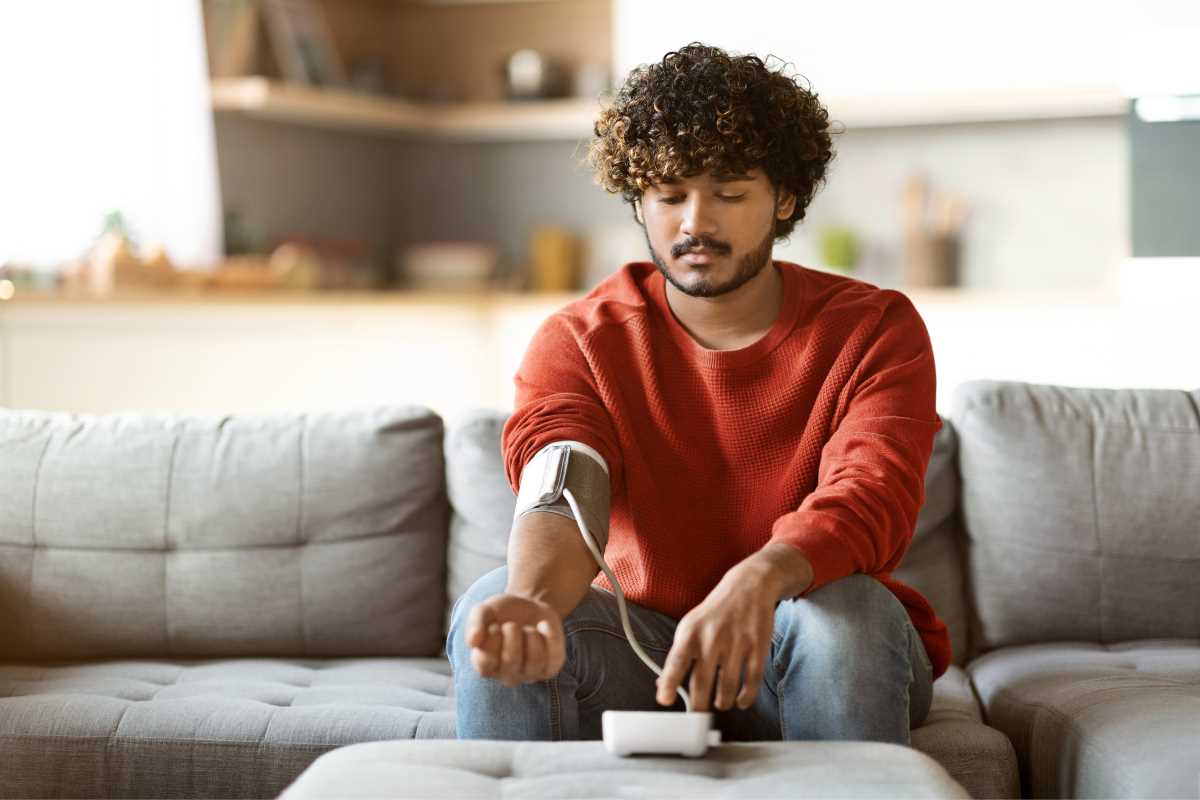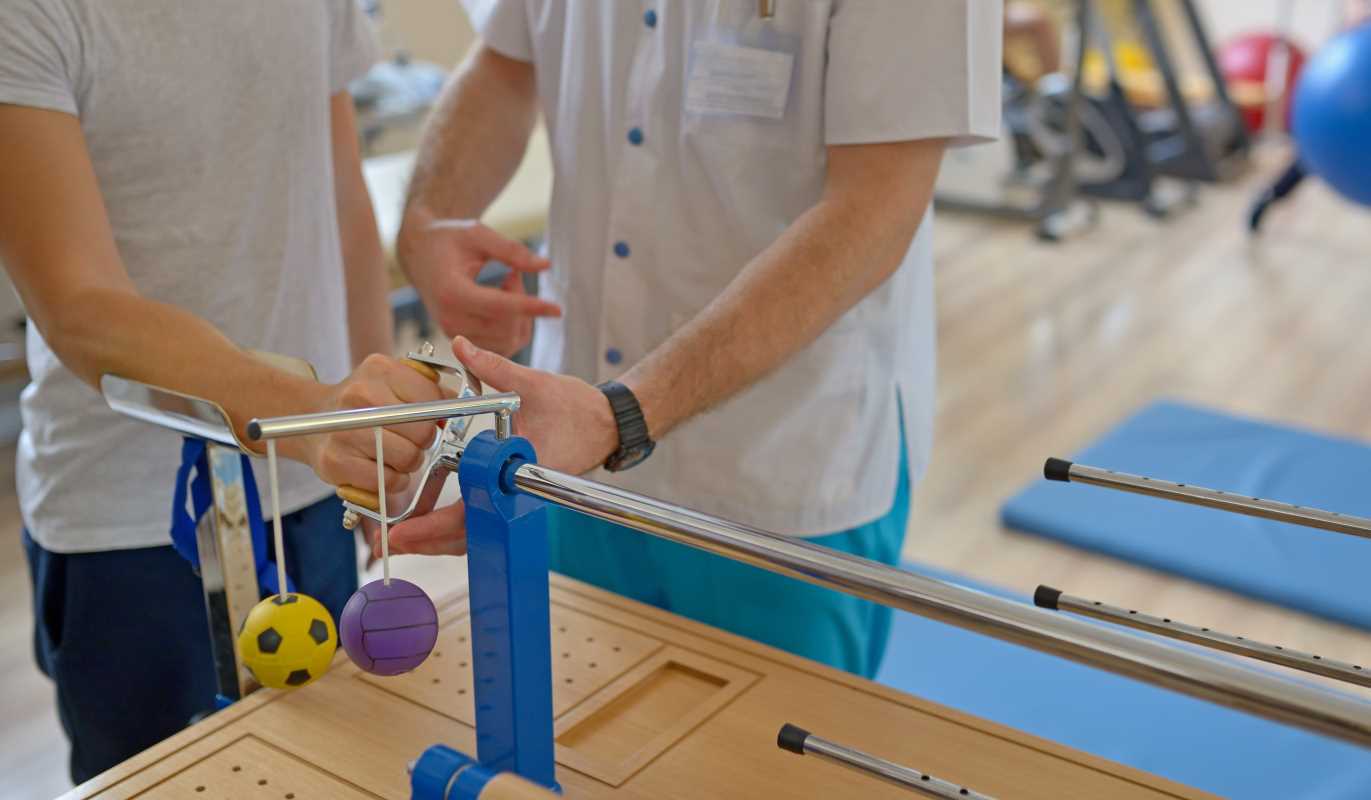Wearable health monitors have transformed from simple step counters to sophisticated health management tools. These devices now track everything from your heart rate to your sleep quality, giving you insights that were once only available at a doctor's office. Let's dive into the world of wearable health technology and explore some standout options.
Fitness Trackers: The Gateway Wearables
Fitness trackers remain the most popular type of wearable health monitor, and they've come a long way since their inception.
Fitbit Charge 6 has maintained Fitbit's reputation for user-friendly fitness tracking. Beyond the basics of step counting and heart rate monitoring, it offers an ECG app for heart rhythm assessment, blood oxygen saturation monitoring, and skin temperature tracking. Its stress management features, including guided breathing sessions, make it a well-rounded health companion.
Garmin Venu 3 caters to serious fitness enthusiasts while offering comprehensive health monitoring. Its standout features include advanced sleep tracking with sleep stages and scores, all-day stress tracking, and a Body Battery feature that shows your energy levels throughout the day. For active users, it tracks an impressive range of activities with detailed metrics for runners, cyclists, and swimmers.
Smartwatches: Health Monitors with Extra Benefits
Smartwatches have evolved to offer robust health monitoring alongside their communication and productivity features.
Apple Watch Series 10 continues to lead in health innovation. Its FDA-cleared ECG function can detect atrial fibrillation, while its blood oxygen app provides insights into your overall wellness. The watch can detect falls and even car crashes, automatically calling emergency services if needed. Its temperature sensing capabilities support cycle tracking and fertility planning. The latest models also include a medication tracking feature to help you stay on schedule with your prescriptions.
Samsung Galaxy Watch7 offers health monitoring features comparable to the Apple Watch but for Android users. Its BioActive Sensor combines optical heart rate, electrical heart signal, and bioelectrical impedance analysis to provide a comprehensive picture of your health. It tracks blood pressure (in some regions), performs ECG readings, and analyzes body composition, giving you metrics like skeletal muscle and body fat percentage.
Specialized Health Monitors
Some wearables focus on specific health metrics, offering deeper insights into particular aspects of wellbeing.
Oura Ring Gen 3 packs impressive health tracking capabilities into a stylish ring. Its focus on sleep analysis is unmatched, with detailed breakdowns of sleep stages, timing, and quality. The ring also tracks heart rate variability, an important indicator of stress and recovery, and body temperature, which can help identify early signs of illness or track menstrual cycles.
Withings ScanWatch Horizon combines classic watch aesthetics with modern health technology. Its medical-grade ECG and blood oxygen monitoring are complemented by sleep apnea detection capabilities, making it particularly useful for those with respiratory concerns. The watch also detects irregular heartbeats and tracks respiratory rate during sleep.
Dexcom G7 represents the cutting edge in continuous glucose monitoring for people with diabetes. This small sensor worn on the body provides real-time glucose readings sent directly to your smartphone, eliminating the need for frequent finger pricks. Its alerts for high or low glucose levels provide peace of mind, and its data insights help users understand how different foods and activities affect their glucose levels.
Specialized Features Worth Noting
Blood Pressure Monitoring: The Omron HeartGuide looks like a regular watch but incorporates a traditional blood pressure cuff into its design. For those who need regular blood pressure monitoring, this FDA-approved device offers convenience without sacrificing accuracy.
Hydration Tracking: The AURA Strap 2 for Apple Watch uses bioimpedance analysis to estimate hydration levels, helping users ensure they're drinking enough water throughout the day.
Stress Management: The Apollo Neuro takes a different approach to health by actively intervening to reduce stress. This wearable delivers gentle vibration patterns that help regulate your nervous system, potentially improving stress resilience, sleep, and focus.
Making Sense of Your Health Data
With all these devices collecting data, making sense of the information can be challenging. Many wearables now include interpretation features to help you understand what your metrics mean and how they relate to each other.
Apps like Welltory can integrate data from multiple devices and analyze heart rate variability to provide insights about stress, energy levels, and how well your body is adapting to physical and mental demands.
For serious athletes, platforms like TrainingPeaks interpret fitness tracker data to help optimize training by balancing workload with recovery.
Privacy Considerations
While wearable health monitors offer valuable insights, they also raise privacy concerns. These devices collect sensitive health information, and it's important to understand how companies use this data.
Before choosing a wearable, review the manufacturer's privacy policy and check what control you have over your data. Some companies are more transparent than others about data usage and sharing practices.
Choosing the Right Device for You
When selecting a wearable health monitor, consider:
- Your health priorities: Are you focused on fitness, sleep, stress management, or managing a specific condition?
- Integration with your lifestyle: Will you wear it consistently? Does it work with your smartphone?
- Battery life: Some devices need daily charging, while others can last weeks between charges.
- Price point: Health monitors range from under $100 to several hundred dollars.
Wearable health monitors have transformed how we track and manage our wellbeing. From fitness trackers that count steps to specialized devices that monitor glucose levels or detect heart abnormalities, there's likely a wearable that fits your health needs.
As these devices continue to evolve, they're becoming increasingly accurate and useful. While they don't replace regular medical care, they can provide valuable insights and help you make informed decisions about your health. Just remember to balance the data with how you actually feel – sometimes the best health monitor is simply paying attention to your body.
 (Image via
(Image via





